Shakespeare’s Henry V
Explore Shakespeare’s insights into the exercise of power.
January 2022
Online Seminar Series
For students seeking an enriching academic experience over winter break, our Humanities at Hertog program offers four online seminars, each centered around an enduring literary work.
You can expect small classes of 10-15 peers who love great texts, big ideas, and lively conversation. Together, led by a master teacher, students will plumb classic and contemporary literary works for the insights they offer into fundamental human questions.
Applicants may apply for their choice of seminar. All seminars meet via Zoom, and are scheduled in the afternoon, evenings, and weekends to allow students from across time zones to come together. Fellows will receive a stipend contingent upon participation in their course and completion of a brief response paper and evaluation. All course materials will be provided.
A Hertog Conversation on Renewing Humanistic Inquiry
Who Should Apply? Undergraduates, gap-year students, young professionals, and graduate students are all eligible to apply. Fellows may apply for, and participate in, multiple seminars.
Dates & Times: All seminars will meet online via Zoom at a set date and time over January 2022. See the individual course pages for full details.
Stipend & Course Materials: Fellows will receive a small stipend contingent upon participation in their course and completion of a brief response paper and evaluation. All course materials will be provided.
Deadline: The application deadline is Wednesday, December 1, 2021. Admission decisions will be made on a rolling basis so apply now!
Please provide a brief account (approximately 500 words) of your interest in your selected seminars.
Unofficial; required only for current undergraduates & recent graduates.
10 pages maximum; double-spaced. Please send academic writing that best showcases your ability to invent and sustain a persuasive argument, no matter the subject-matter.
Provide the name and contact information of a professor, mentor, or supervisor.


Director, Maimonides Scholars Program
Researcher to Bret Stephens at The Wall Street Journal, The Weekly Standard, Tikvah Fellow
St. John’s College, Annapolis
Prolific freelancer Kate Havard Rozansky has had bylines in The Washington Post, The Wall Street Journal, and The Weekly Standard. A graduate of St. John’s College, Annapolis, Kate was part of the inaugural 2010 class of Political Studies, which she credits for helping her get her start in Washington, DC. She now directs the Maimonides Scholars Program at the Tikvah Fund.
I was a sophomore at St. John’s College when I first heard about Hertog. My freshman Greek professor, Adam Schulman, nominated me for the Hertog Political Studies Program. I went into it being interested in the classics; I didn’t have any political background before that.
What drew me to the Program was the Machiavelli, the Aristotle, and the Great Books angle. That’s what I had already been studying at St. John’s and what I was most attracted to. And, of course, the chance to study with [Professors Amy and Leon] Kass was really exciting for me. So that was my pull, and all the political stuff was new to me.
Something I will never forget from Political Studies is the week we were reading Machiavelli. Henry Kissinger was coming to lecture, and I got to give an introduction about Machiavelli and Henry Kissinger in front of Henry Kissinger. That was amazing to me, and is something I will never forget. That class was one of my favorites I’ve ever been in.
At Hertog, the intellectual experience with your peers is also impressive. I met my best friend at Hertog; she was one of my roommates at Political Studies. I’m also close with a good number of other alumni from the 2010 class.
My time at The Weekly Standard was rooted in Hertog. I met the editor, Bill Kristol, at a Political Studies lecture on Tocqueville that he gave. The Political Studies scholars were given copies of The Weekly Standard, and that was my first time seeing it.
After reading The Weekly Standard, I knew that I wanted to work there. Meeting him through Hertog gave me the opportunity to ask for an internship. I don’t think I would’ve been able to do that without Hertog. This was my first exposure to that world, and I kind of ended up in journalism as an accident after the fact of wanting to work for Bill Kristol.
Hertog gave me a lot of great connections that I’m so glad to have had, especially in terms of friends, teachers, and mentors. After The Weekly Standard, I got a fellowship with the Tikvah Fund. That fellowship put me at The Wall Street Journal working for Bret Stephens, which was a wonderful experience. I helped work on a book he was writing that’s just about to come out.
I think because you have direct engagement with this high caliber of teachers, and just by virtue of being immersed in the DC world from the very beginning, Hertog is a great place to go if you’re interested in public policy.
Especially if you’re politically interested, but you’re not exactly sure what aspect of politics you want to get into. Whether it’s political journalism, think tanks, Hill work, or diplomacy, at Hertog you get a chance to preview all the different political lives at once. That’s something you really can’t beat, particularly if you go in like I did with a purely academic background.
I’d still like to be involved in politics and still writing in whatever capacity I can make a living at.
Prolific freelancer Kate Havard Rozansky has had bylines in The Washington Post, The Wall Street Journal, and The Weekly Standard. A graduate of St. John’s College, Annapolis, Kate was part of the inaugural 2010 class of Political Studies, which she credits for helping her get her start in Washington, DC. She now directs the Maimonides Scholars Program at the Tikvah Fund.
“Hertog is a great place to go if you’re interested in public policy. Whether it’s political journalism, think tanks, Hill work, or diplomacy, at Hertog you get a chance to preview all the different political lives at once. That’s something you really can’t beat.”
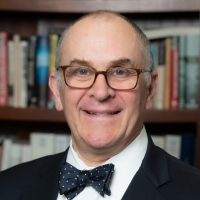
Eliot Cohen
Eliot Cohen is the Robert E. Osgood Professor at the Johns Hopkins University’s School of Advanced International Studies (SAIS) where he has taught since 1990. He served as Dean of SAIS from 2019 to 2021. In addition to public service in the Department of Defense he served as Counselor of the Department of State from 2007 to 2009.
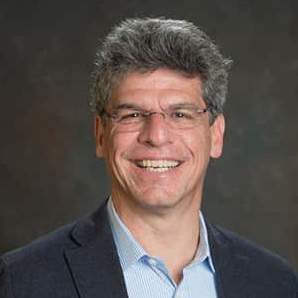
Jacob Howland
Jacob Howland is McFarlin Professor of Philosophy Emeritus at the University of Tulsa. He has written about Plato, Aristotle, Xenophon, Kierkegaard, the Talmud, the Holocaust, ideological tyranny, and other subjects. His most recent book is Glaucon’s Fate: History, Myth, and Character in Plato’s Republic.
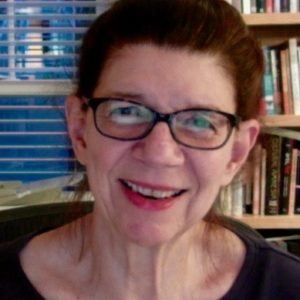
Martha Bayles
Martha Bayles is an Associate Professor of Humanities at Boston College, where she teaches a year-long course titled, “From Homer to Dante” and various senior seminars. Her research centers around popular culture and cultural history. She has previously served as a lecturer at Harvard University and Claremont McKenna College.

Matthew Continetti
Matthew Continetti is resident fellow at the American Enterprise Institute, Prior to joining AEI, he was Editor in Chief of the Washington Free Beacon. His articles and reviews have appeared in The New York Times, The Wall Street Journal, and The Washington Post.
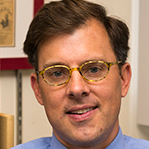
Flagg Taylor
Flagg Taylor is an Associate Professor of Government at Skidmore College. He is editor most recently of The Long Night of the Watchman: Essays by Václav Benda, 1977–1989. He is currently writing a book on Czech dissent in the 1970s and 1980s.

Ryan P. Hanley
Ryan Patrick Hanley is Professor of Political Science at Boston College. His research in the history of political philosophy focuses on the Enlightenment. He is the author of Our Great Purpose: Adam Smith on Living a Better Life and Love’s Enlightenment: Rethinking Charity in Modernity.
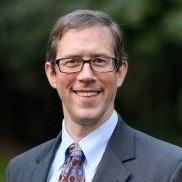
Thomas Merrill
Thomas Merrill is an associate professor in the School of Public Affairs at American University. He is the author of Hume and the Politics of Enlightenment. He is also the co-editor of three edited volumes, including The Political Thought of the Civil War.
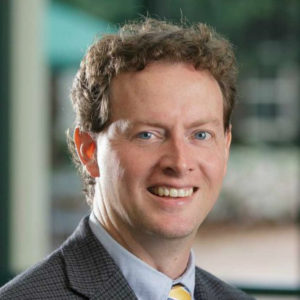
Benjamin Storey
Benjamin Storey is Associate Professor of Politics and International Affairs at Furman University. His interests focus on the history of political philosophy. He is currently completing a book entitled The Restless Age: Four French Thinkers on the Quest for Self-Understanding in an Unsettled Modernity.
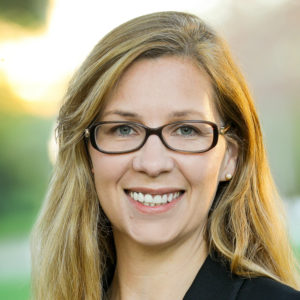
Jenna Silber Storey
Jenna Silber Storey is Assistant Professor in Politics and International Affairs at Furman University and Executive Director of Furman’s Tocqueville Program. She is the co-author of a book with Benjamin Storey: Why We Are Restless: On the Modern Quest for Contentment (Princeton University Press, 2021). Further information about her work can be found at www.jbstorey.com.
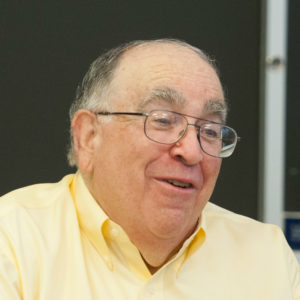
Paul Cantor
Paul Cantor is the Clifton Waller Barrett Professor of English and Comparative Literature at the University of Virginia. He has written on a wide range of subjects, including Shakespeare, Romanticism, Austrian economics, and contemporary popular culture.
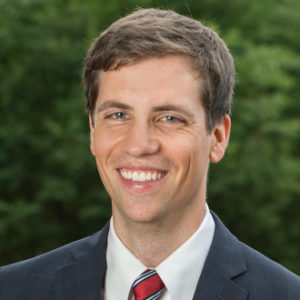
Antón Barba-Kay
Antón Barba-Kay is Associate Professor of Philosophy in the School of Philosophy at the Catholic University of America in Washington, D.C. He is finishing a book on the political philosophy of the internet, which he began while a Visiting Fellow in the James Madison Program at Princeton University.
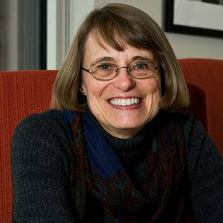
Vickie Sullivan
Vickie Sullivan is the Cornelia M. Jackson Professor of Political Science and teaches and studies political thought and philosophy. She also maintains teaching and research interests in politics and literature. She has published extensively on Montesquieu and Machiavelli and is the co-editor of Shakespeare’s Political Pageant.
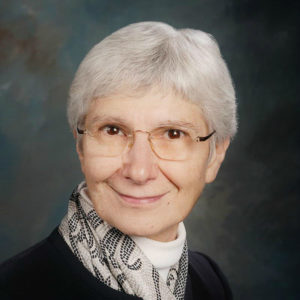
Amy A. Kass
Amy Apfel Kass (1940 – 2015) was a senior fellow at the Hudson Institute, Senior Lecturer Emerita in the humanities at the University of Chicago, and coeditor of What So Proudly We Hail: The American Soul in Story, Speech, and Song. She was an award-winning teacher of classic texts.
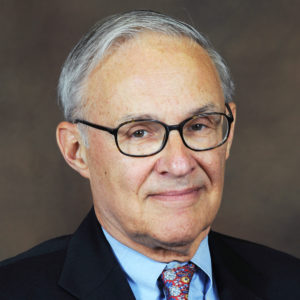
Leon R. Kass
Leon R. Kass, M.D., is the Madden-Jewett Scholar at the American Enterprise Institute and Harding Professor Emeritus in the Committee on Social Thought at the University of Chicago. From 2001 to 2005, he was chairman of the President’s Council on Bioethics.